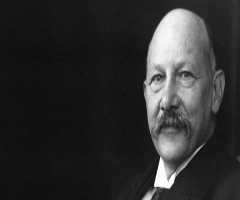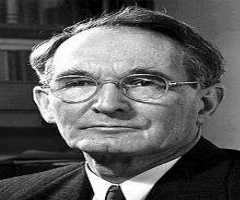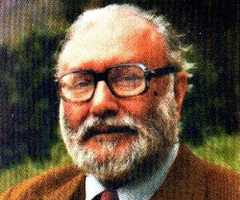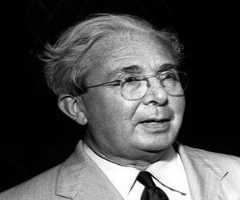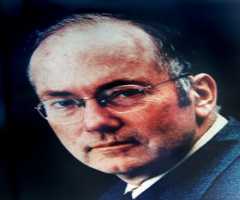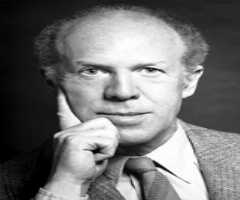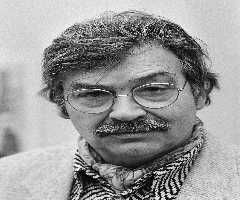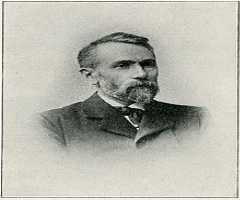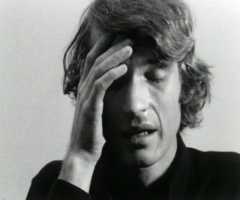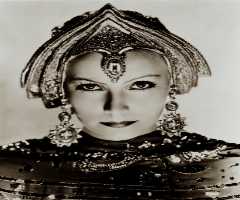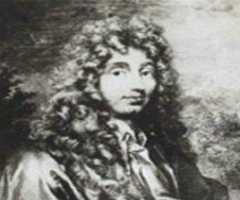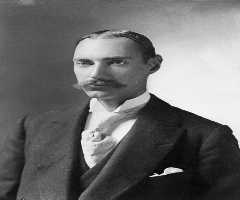Fritz Zernike Biography, Life, Interesting Facts
Frits Zernike was born on July 16, 1888. He was a Dutch mathematician and physicist. He received the Nobel Prize in Physics for inventing the phase contrast microscope. He also studied the correlation coefficients and order-disorder theory related to the molecules of various liquids.
Early Life
Frits Zernike was born on July 16, 1888, in Amsterdam in the Netherlands. He was born to Frederick August Zernike who was a headmaster and Antje Diepernik who was a mathematics teacher. He was brought up alongside five siblings. He had an interest in physics from a very young age. He did well in science subjects. He set up a small observatory at his home where he took photographs of comets. He also assisted his parents in solving complex mathematics problems. In 1905, he joined the University of Amsterdam where he studied chemistry, physics, and mathematics. In 1908, he won a gold medal from the University of Groningen for an essay that he wrote on probability.
In 1912, he won a gold medal from the Dutch Society of Sciences for his research on critical opalescence in gases. In the same year, Frits graduated with a Bachelor of Science Degree from the University of Groningen. In 1913, he became an assistant to Jacobus Cornelius Kapteyn, head of the astronomical laboratory of the University of Groningen. In 1914, he worked with Leonard Salomon Ornstein with whom he devised the Ornstein-Zernike Equation. In 1915, he obtained his Ph.D. from the University of Amsterdam.
Career
In 1915, he became a lecturer of Mathematical Physics at the Groningen University. In 1920, he was appointed a professor of Theoretical Physics at the University. In the 1930s, he began studying optics widely. Frits also developed the phase-contrast theory. In 1933, he explained his findings to the Physical and Medical Congress, Wageningen. In 1938, he developed the phase contrast microscope. In the same year, he suggested the Cittert-Zernike Theorem. In 1941, he became the chairman of the Mathematical and Technical Physics and Theoretical Mechanics Departments. In 1958, he retired from the post of Professor of Theoretical Physics at the University of Groningen.
Awards And Achievements
In 1946, Frits became a member of the Royal Netherlands Academy of Arts and Sciences. In 1952, he was awarded the Rumford Medal by the Royal Society of London. In 1953, he received the Nobel Prize in Physics. He obtained an honorary doctorate in Medicine from the University of Amsterdam. He was also a foreign member of the Optical Society of America. He was a member of the Royal Microscopical Society.
Personal Life
In 1930, Frits married Theodora Wilhelmina van Bommel van Vloten with whom he had a son, Frits and an adopted Theodora’s adopted daughter, Zernike. In 1945, his wife died. In 1954, Frits married Lena Korberg. In 1958, he fell ill. He died of prolonged illness on March 10, 1966, in Amersfoort in the Netherlands. He remains a respected mathematician and physicist to date. A crater in the moon with a diameter of forty eight kilometers has been named Zernike in his honor.
More Physicists
-
![Heike Kamerlingh Onnes]()
Heike Kamerlingh Onnes
-
![Norman Foster Ramsey, Jr.]()
Norman Foster Ramsey, Jr.
-
![William Alfred Fowler]()
William Alfred Fowler
-
![Leo Szilard]()
Leo Szilard
-
![Nikolay Basov]()
Nikolay Basov
-
![Frits Zernike]()
Frits Zernike
More People From North Holland
More People From Netherlands
-
![Johannes Diderik van der Waals]()
Johannes Diderik van der Waals
-
![Frank Rijkaard]()
Frank Rijkaard
-
![Bas Jan Ader]()
Bas Jan Ader
-
![Mata Hari]()
Mata Hari
-
![Christiaan Huygens]()
Christiaan Huygens
-
![Paulus Potter]()
Paulus Potter

